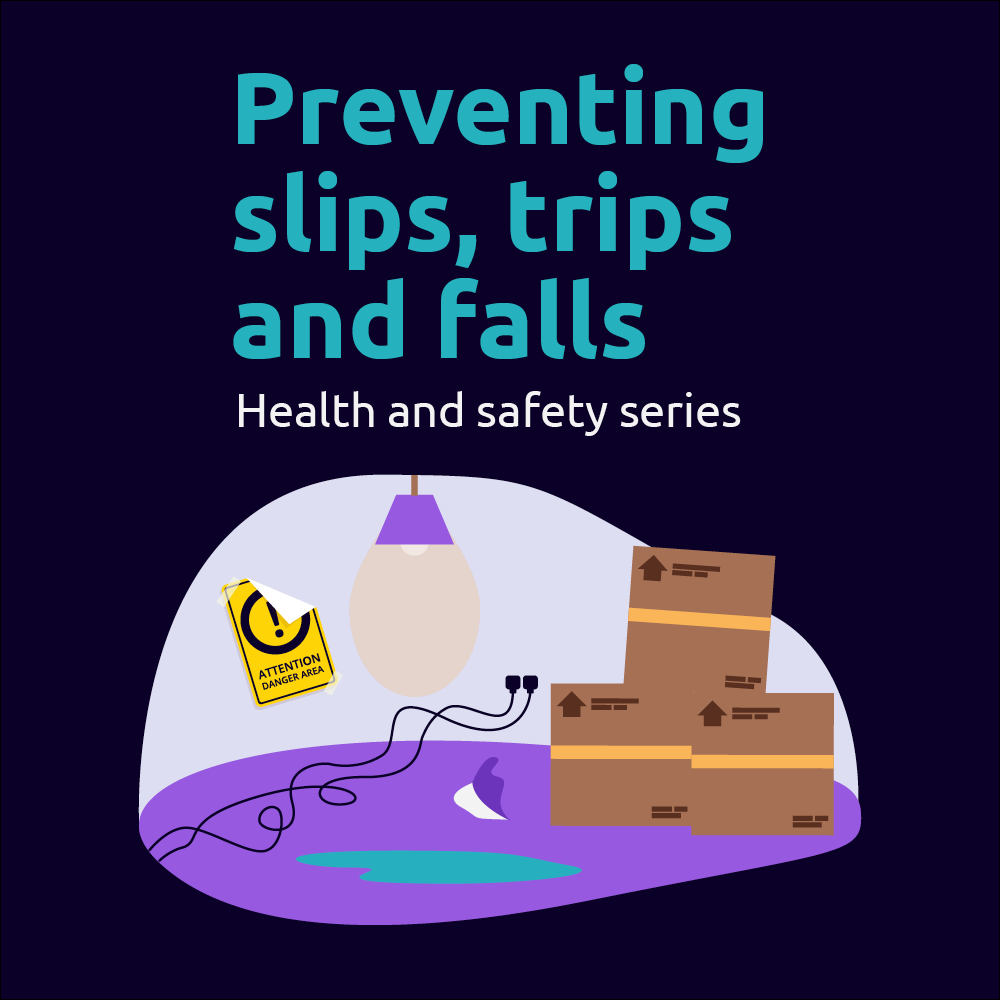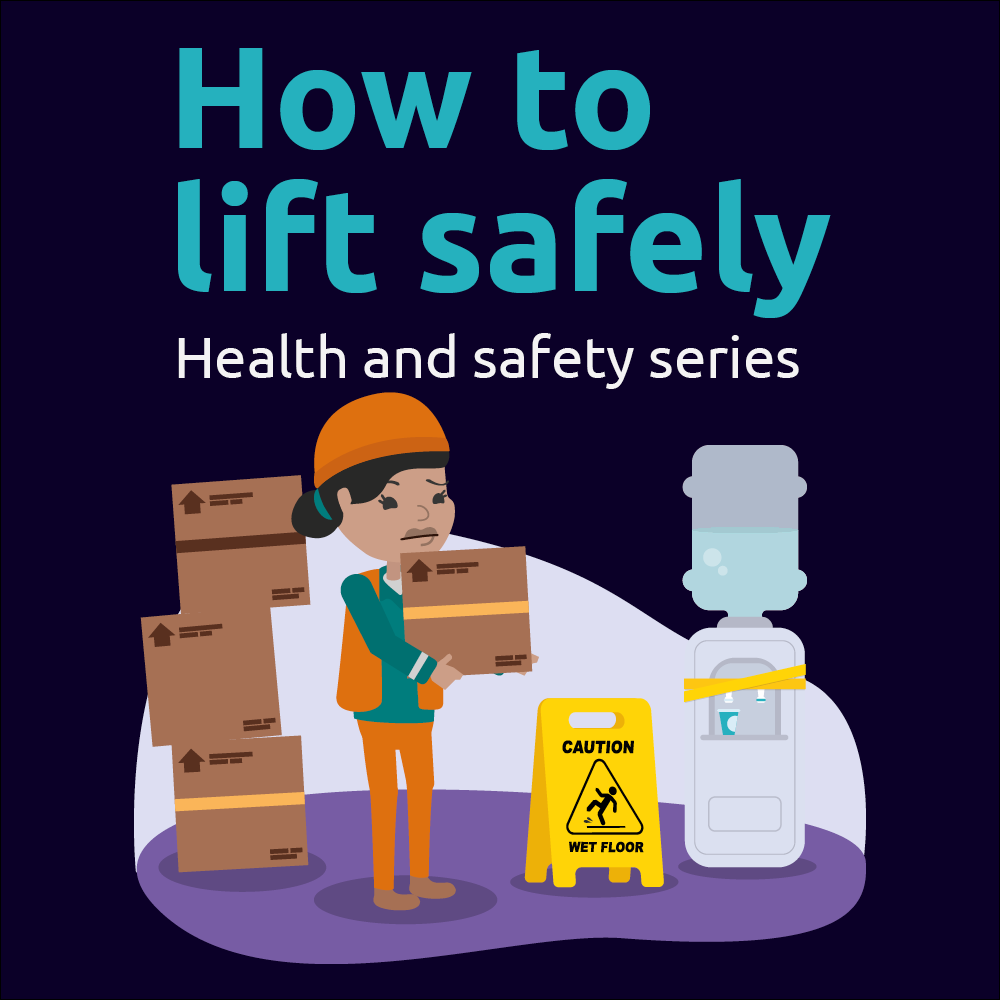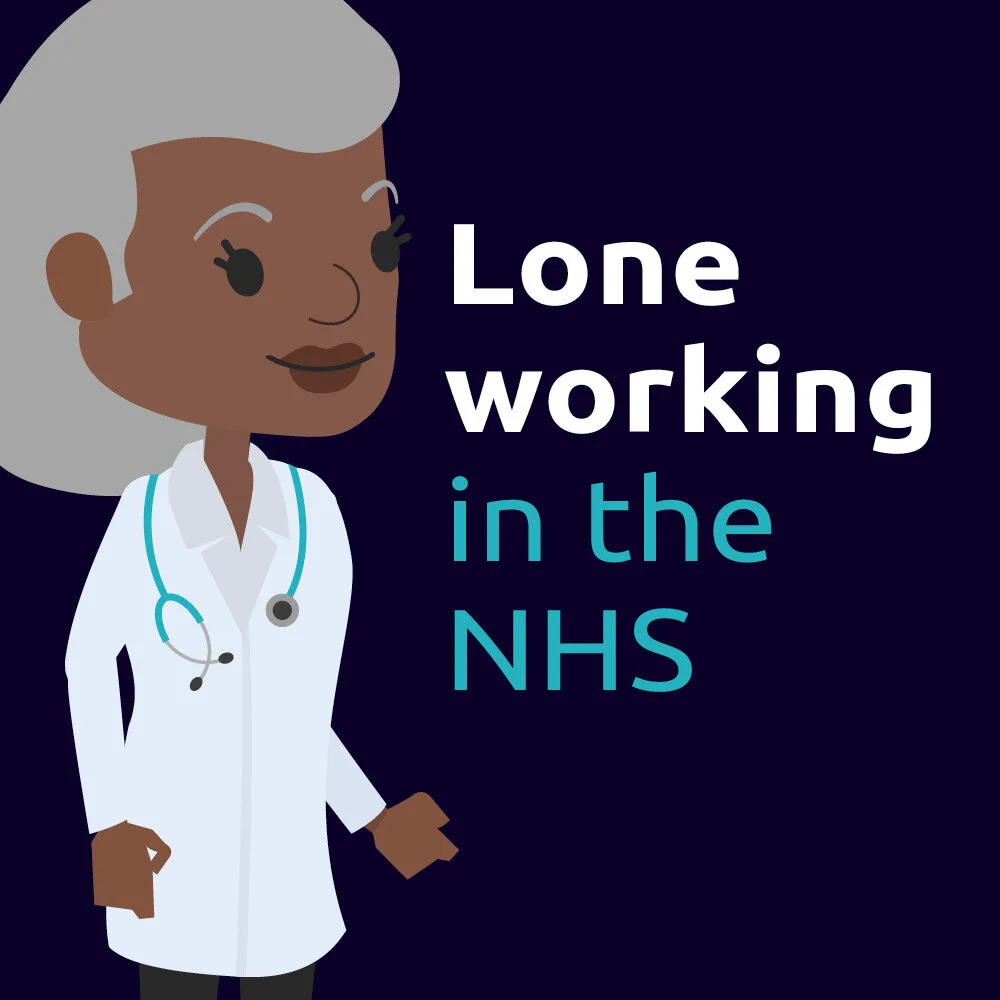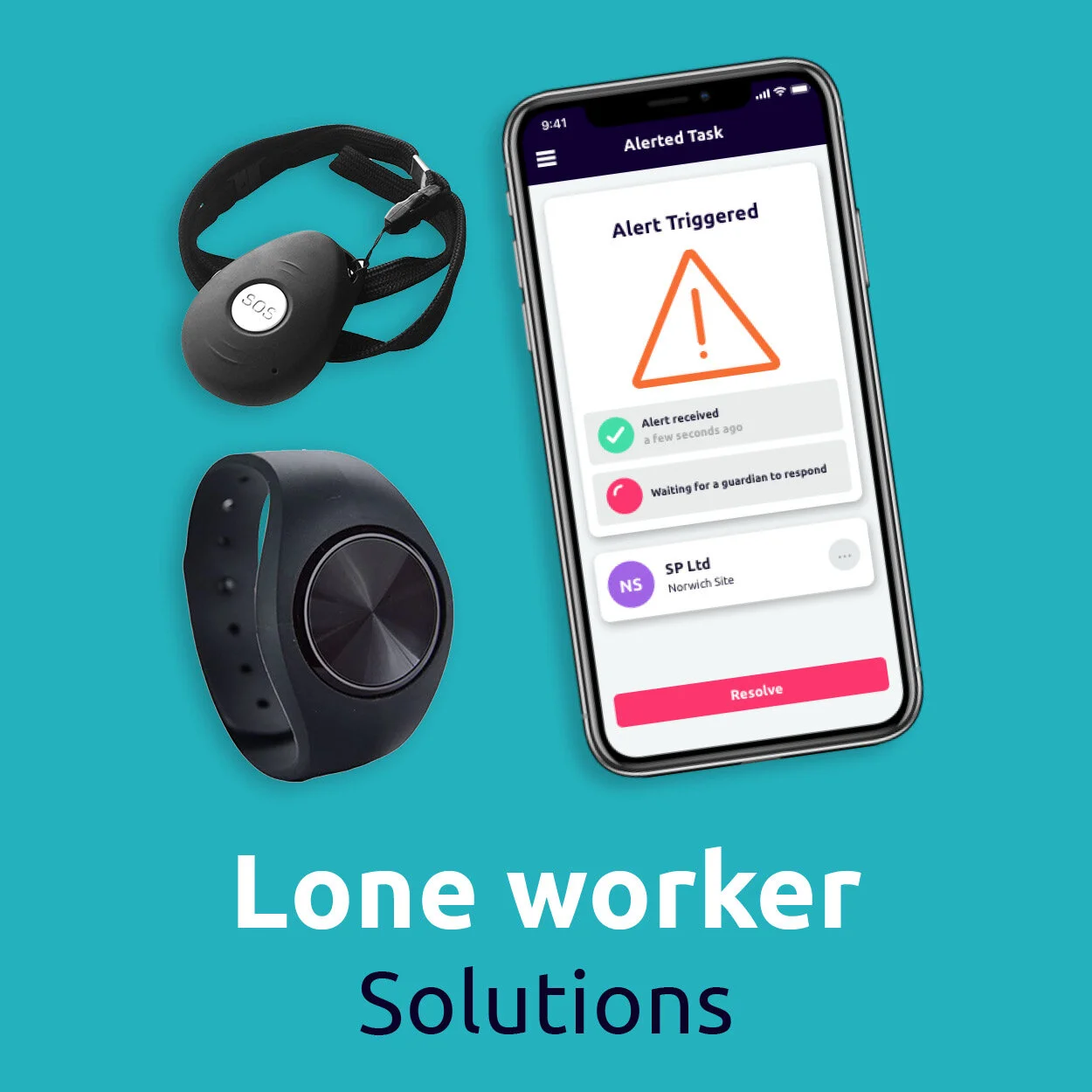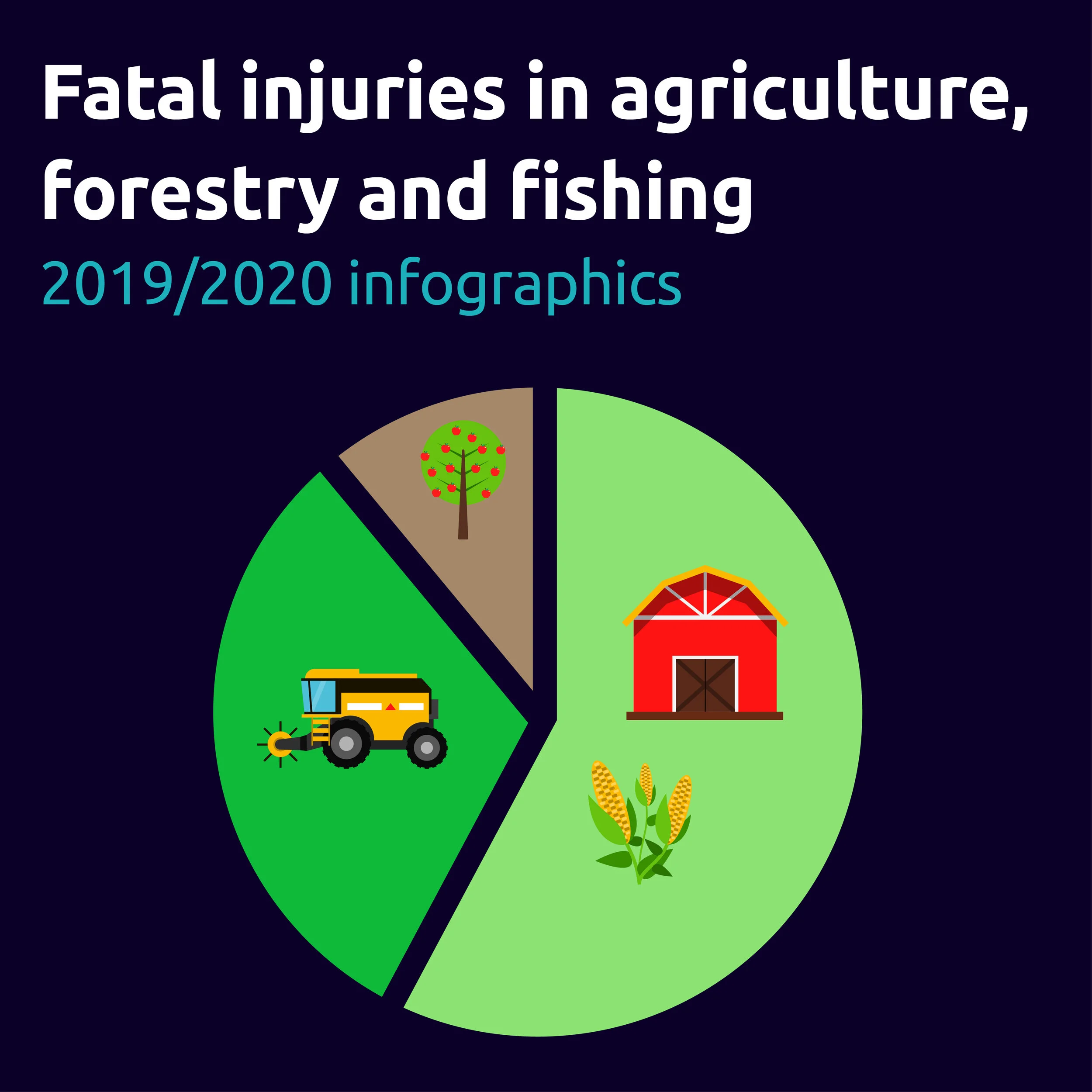Lone worker alarms –provided through standalone devices, Bluetooth buttons and bespoke apps– make it simple for at-risk workers to get the help they need, wherever they are.
Read MoreHowever, while working alone may be legal, for some roles it may not be appropriate or safe.
If a staff member is required to work alone, provisions must be made to keep them safe.
Read MoreFire safety is something every business should take seriously. In this article, we’ve compiled advice from respected sources to help you keep your employees and your business safe.
Read MoreSlips, trips and falls are some of the most common causes of in-work injury. In this article you will find some helpful tips that will help keep your team safe.
Read More‘Handling, lifting or carrying’ is the second-largest cause of injuries for UK workers (after slips, trips and falls). Injuries caused by ‘manual handling’ can lead to short and long term ill-health, as well as a loss of productivity.
Read MoreWe’ve provided this handy guide to health and safety. We’ll look at why health and safety is important, what the laws are, and what practical steps you need to take to keep your team safe.
Read MorePanic alarms can benefit any role in which someone works alone, with the public, or in a high-risk situation, who might need to call out for help
Read MoreThe NHS has many legitimate reasons for its staff to be working alone but, according to the Health and Safety Executive, while ‘Lone working does not always mean a higher risk of violence’, ‘it does make workers more vulnerable’.
Read MoreBS 8484:2016 is the British industry standard for providers of lone working safety services. BS 8484 accreditation shows consumers that an organisation has met the government’s strict standards.
Read MoreEnvironmental, conservation and land-based roles play an integral role in protecting, maintaining and promoting the natural world. While often desirable, there are many risks specific to this sector, particularly for lone workers
Read MoreSafepoint makes it easy to keep track of your staff without any costly or cumbersome changes to how your team works.
Read MoreStaff tracking systems allow companies to oversee their staff when they’re out and about. The system may consist of a bespoke tracking device, or companies may choose to use an employee tracking app.
Read MoreWith such a diversity of roles and responsibilities, universities have many health and safety considerations to keep in mind.
Read MoreLone working solutions can come in many forms, including lone working apps, Bluetooth panic alarms, standalone devices and more.
Read MoreAccording to the British Security Industry Association, hotel employees working alone have the highest levels of risk in the hospitality sector.
Read MoreIf you have been asked to work alone, you may be asking whether this is legal, whether it’s safe, and what your rights are.
Read MoreCould you or someone you employ be classed as a ‘lone worker’? From care to construction, agriculture to retail, nearly every sector hires lone workers.
Read MoreWorking from home is on the rise. But what about those who are using their home as a base, but who often have to work outside of the office?
Read MoreThe HSE has released its latest data on deaths in Agriculture (the UK’s most dangerous sector) so we have put together a series of free posters to help make the information more accessible)
Read More




